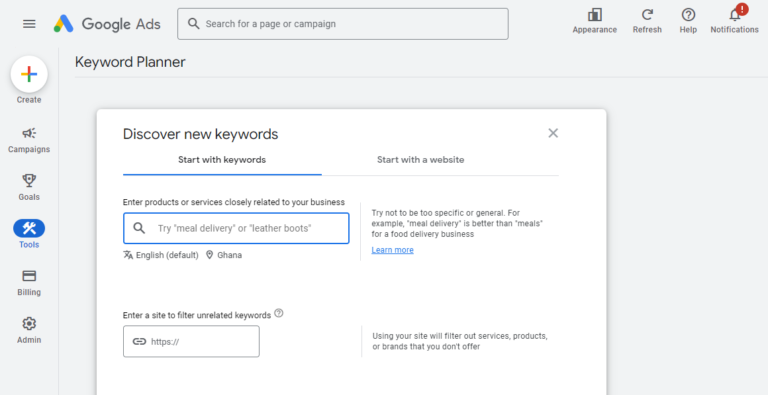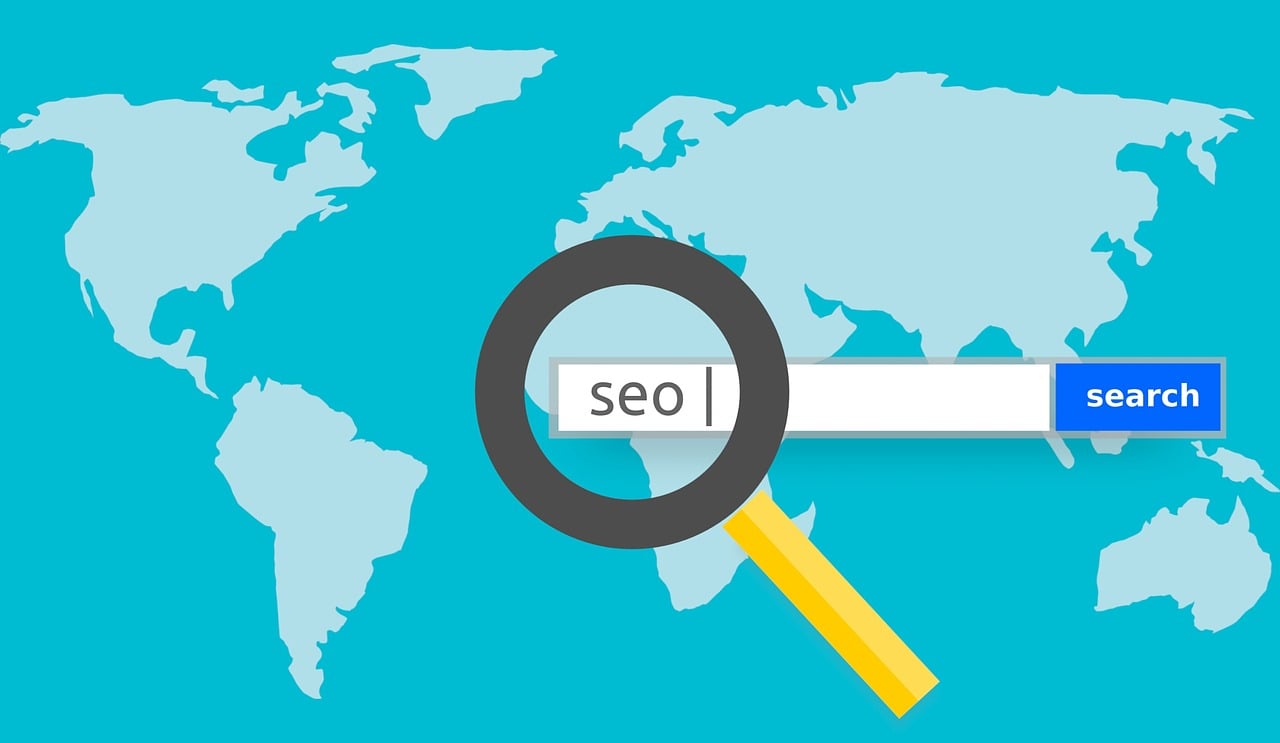Introduction
After all the time and resources you put into your website, you’d expect more user traffic. Right?
Yet, after months, you linger at only 4, 6, or at best, 10 users on a good day.
You’re wondering why it’s a challenge to get your awesome products or services in front of your target audience?
The simple answer is that your website is just one in a sea of many others.Let’s face it… search engine rankings are not only about the quality of your website. This is something most businesses, content creators, and website owners haven’t quite grasped yet.
How do you secure the prominence of your online presence? How do you get your website to be ranked on the front page of Google? Is there even an affordable, surefire way to do this? These are smart questions to ask yourself as an online business owner.
Thankfully, we have the answer you’re looking for… SEO. You may have heard of SEO, but the idea is all fuzzy in your mind because it sounds so complicated. What you don’t realize is that it’s more than just a tool.It’s the solution to the evolving puzzle of search algorithms and online competition. In this article, we’ll try to break the concept of SEO down into bite-size, digestible pieces. Read this to the end if you want to understand the importance of SEO and how to make the most of it.
WHAT IS SEO?
Simply put, search engine optimization (SEO) is a bunch of techniques that helps to bring some curious eyeballs over to your website.
You’re basically tweaking your website’s content and structure, making it more attractive to search engines. The end result is that you catch the eyes of your customers while they are searching for products like yours.
Just so we’re on the same page, let’s understand why it’s important for your business website to pop up on a search engine’s first few pages.
- Having your business website rank higher on search engines makes your brand more visible and credible, encouraging your customers to buy from you.
- With more exposure, you can attract organic traffic and establish trust with your users.
- Higher rankings provide the competitive edge you need. These days, users place a lot of trust in search results.
Appearing on search engines using a cost-effective tool provides global reach, which is indispensable for long-term success in the digital marketplace.

KEY CONCEPTS IN SEO
1. KEYWORDS
The right keywords are KEY to high search engine rankings. Keyword research should be the starting point for SEO.
This is where you identify and analyze specific words and phrases that users commonly enter into search engines when looking for information, businesses and services online. As a smart business, you go ahead and incorporate those words into your website. By using the right keywords, you optimize your content to align with what users are searching for. What you’re looking to do with keyword research is to find popular terms that have minimal competition. This gives you the advantage–your site becomes easy to find by your target audience.
Keyword research involves three steps:
- Begin by brainstorming potential keywords related to your content, products, or services. Tools like Ahrefs Keywords Explorer, Semrush, Google Keyword Planner, Moz Keyword Explorer, and Keyworddit can help with that.
- Narrow down your keywords to the relevant one. Important factors to consider include search volume, relevance, and competition.
- With your carefully curated list of keywords, you’re ready to integrate them seamlessly into your content.
Crafting high-quality, relevant content around your chosen keywords is favored by search engine algorithms, leading to increased engagement from your audience.

2. ON-PAGE SEO VS OFF-PAGE SEO
On-page SEO refers to the optimizations you perform on your individual web pages to make sure they rank high on search engines.
These include:
- Incorporating your keywords in the page title
- Putting keywords in the page’s URL
- Add keywords to H1 text.
- Using Keywords in the body of the blog post
- Adding images and diagrams in the web page
Off-page SEO refers to the optimizations that are done externally and outside your website to improve its visibility on search engines.
These involve building relationships and linking with other websites in your niche. Some of the key aspects of off-page SEO are
- Backlinking: Adding hyperlinks from other websites to your own. This plays a significant role in search engine ranking algorithms.
- Social media Marketing: Here, you’re creating a strong presence on relevant social media platforms
- Connecting with influencers in your industry and building relationships with them
SEO RANKING FACTORS
In the constantly evolving realm of SEO, grasping the complex network of ranking factors is essential for attaining online visibility and ranking high on search engines.All search engines have a certain criteria that websites have to follow in order to improve their rankings.Here are some of the factors that influence ranking:
- Creating quality content
- Adding Quality Backlinks to your site.
- Improve Website Speed
- Ensuring your website works on all devices
- Providing a positive user experience.
- Writing Long Content
- Optimizing web pages
- Updating Your content regularly
CONCLUSION
Now that you’ve gone over our quick rundown of SEO, you’re no longer a total newbie. You realize that SEO is a strategic process that is necessary in navigating the online world.In future posts, we will go into more detail, giving you easy-to-follow guides on how to apply SEO for your own business.
Let us know in the comments if you have ideas for what you want us to guide you on.


